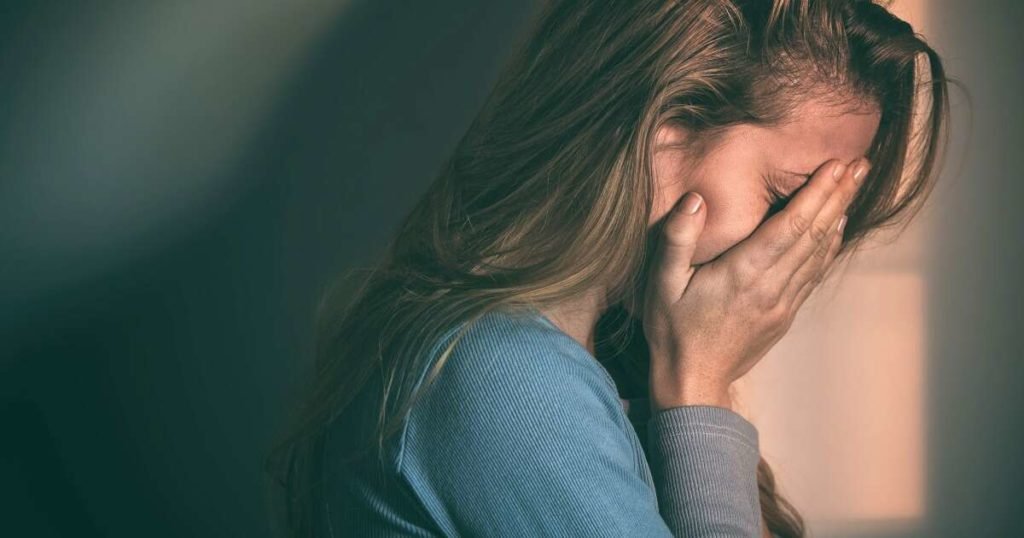Frontline workers, doctors, saw a lot during the COVID pandemic, and they were the ones who were most impacted mentally. As a result, the mental health of current individuals and future generations must be prioritized.
We are approaching a favorable turning point as the requisite antibiotic resistance vaccination rate for the coronavirus outbreak approaches 75 to 85 percent. We can sense the anticipation and optimism.
3 Populations Who Need Assistance In Mental Health
Although mass immunization helps to maintain physical fitness, our nation has also been dealing with issues related to mental health, which we will be dealing with for decades as we heal from the epidemic. This disorder is called post corona disorder caused due to stress.

According to a recent survey conducted by Aetna, roughly 33% of those impacted were concerned about social isolation, which had a negative influence on their mental health, while the remaining 44% were concerned about the general well-being of their friends and family. Because the struggle against corona could only be fought from a ‘distance’, isolation was directly proportionate to the epidemic.
Overall, statistics revealed that persons suffering from mental problems, tension, and worry were found all over the world, with the covid-19 epidemic being the primary culprit.
As we work to overcome the epidemic, we’ve come to realize that psychological state is just as important as physical. We have seen a great shift in our perspective on complete health. However, to create mental health treatment more attainable and straightforward for all groups, we’re focusing on three groups who are most vulnerable as of now
Hate & Injustice against People of Color
Discrimination does happen, sadly, in systems designed to safeguard one’s life or health. Medical care, shelter, education, and finance are instances of such systems. Discrimination, including racism, can cause persistent and traumatic events, as well as influence socioeconomic conditions that place some members of racial minorities at greater risk for the coronavirus. The socioeconomic inequities that continue to plague our society exacerbate the loss of opportunity to and understanding of mental health treatment in these areas.
Frontline Workers
All frontline employees, including health care employees, first firefighters, and those people who helped others with crucial services available, are superheroes of this outbreak due to the emotional toll, stress, and physical danger they confront. However, as a consequence of the last year, these warriors are in critical need of some mental health care.
People who lost their bonds
Surviving this pandemic wasn’t an easy task for anyone. If there’s anything that mattered in this pandemic then it was all about just living and staying alive. Switching on TV to see people dying, phoning friends to learn that someone close to them had died, all had a bad influence on our mental health.
Lockdowns and isolation created a barrier, people were not able to attend any family event, were not able to hang out with friends, social conditions made them lose their education as well.
There were very few groups of people who were affected. Our objective is to make the psychological state a routine element of preventative health care for everyone. To turning this into a reality, we’re working to ensure that psychological health services are available to people of different kinds, genders, ages, and backgrounds. Only then can our country be fully healed.

